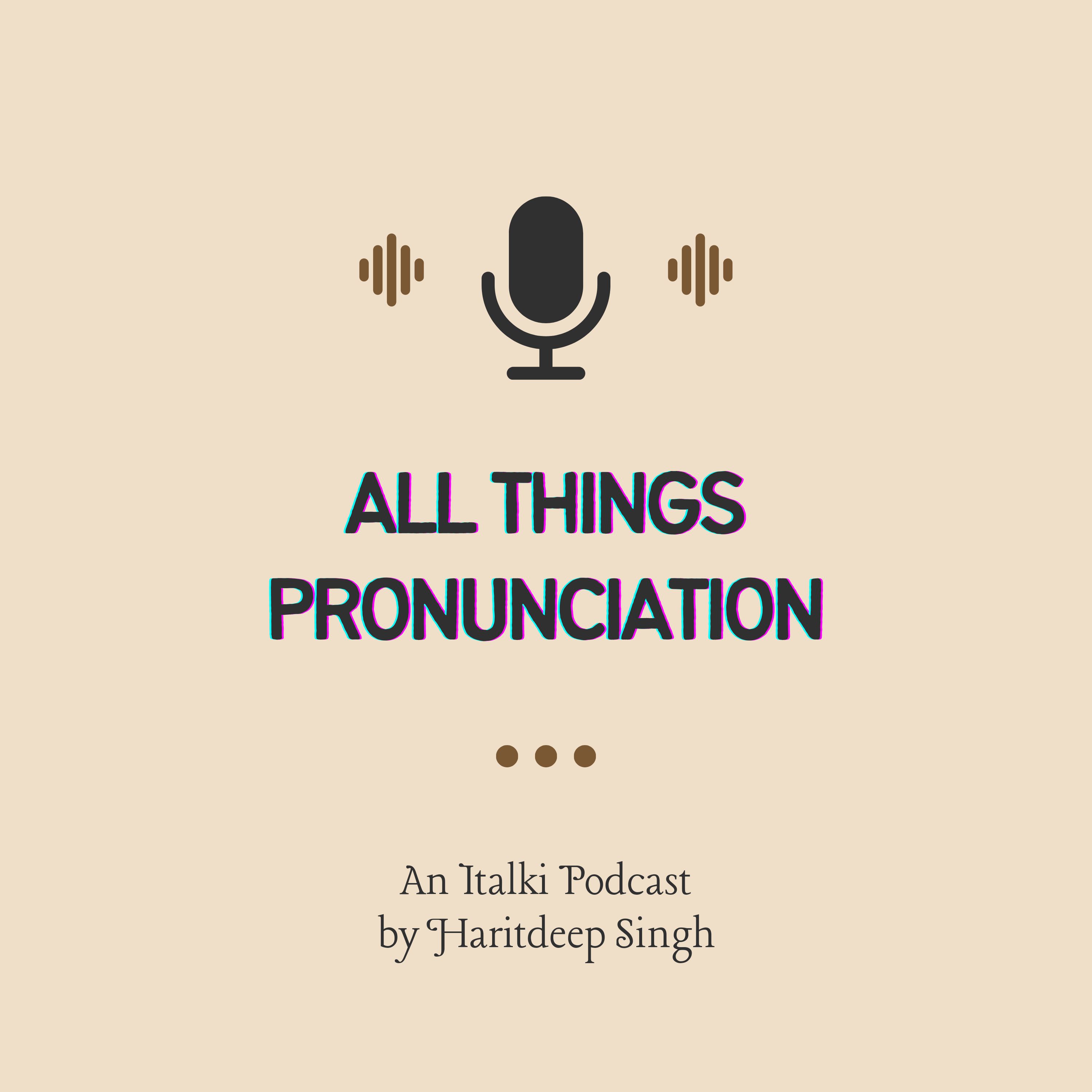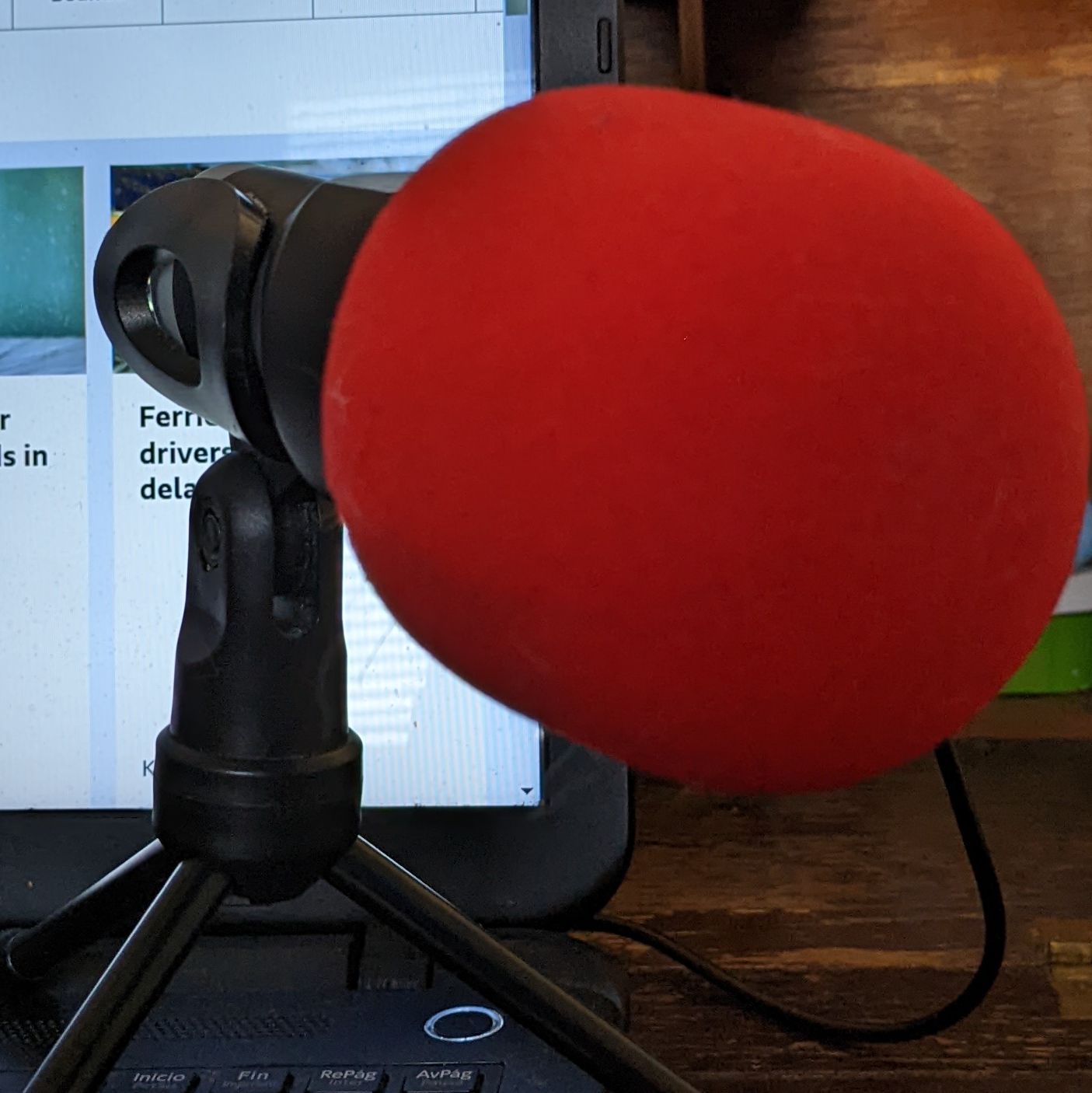
How to Pronounce the ng Consonant in English
Beschreibung
This description will really help you with this difficult sound!
How to Pronounce the "ng" in an "ing" word in English
Pronouncing the "ng" sound in "ing" words can be a bit tricky for learners of English, but with practice, it can become second nature. The "ng" sound is a nasal consonant, represented by the phonetic symbol /ŋ/. It is produced by the back of the tongue making contact with the soft part of the roof of the mouth (the velum), while the sound resonates in the nasal cavity.
Here are some tips to help you pronounce the "ng" sound correctly in "ing" words:
1. **Positioning the Tongue**: Start by positioning the back of your tongue against the soft part of your upper mouth, as if you are about to say the sound "k." However, instead of releasing the "k" sound, let the air pass through your nose.
2. **Relax the Tongue**: Keep the tongue relaxed to allow for a smooth nasal sound. Tensing the tongue can make the sound come out more like a "g."
3. **Nasal Resonance**: Focus on directing the airflow through your nose. You should feel a slight vibration in your nasal passages.
4. **Avoid a Hard "g" Sound**: Be careful not to add a hard "g" sound at the end. The "ng" sound is a single, continuous sound rather than a combination of "n" and "g."
Here are ten examples for practice:
1. **Sing**: /sɪŋ/
- "She loves to sing in the choir."
2. **Ring**: /rɪŋ/
- "The phone began to ring loudly."
3. **Long**: /lɒŋ/
- "It's going to be a long day."
4. **King**: /kɪŋ/
- "The king ruled the land wisely."
5. **Bring**: /brɪŋ/
- "Please bring your book to class."
6. **Thing**: /θɪŋ/
- "What's that strange thing over there?"
7. **Going**: /ˈɡoʊɪŋ/
- "Are you going to the party?"
8. **Swimming**: /ˈswɪmɪŋ/
- "Swimming is my favorite sport."
9. **Running**: /ˈrʌnɪŋ/
- "He has been running every morning."
10. **Morning**: /ˈmɔrnɪŋ/
- "I enjoy a cup of coffee in the morning."
Podcast-Kanal
English for IT Pros
Autor
Alle Episoden

A, An, and The - How do we use them? The articles in English

Day of the Dead, ancestral celebration of Mexico.

Лайфхаки: Как найти друзей, будучи взрослым B1-B2

My house

la rubrica sociale

The Pear Tree and the Seasons of Life

Rules of Word-Stress

The Great Fire of London 1666 (with transcript)
Beliebte Episoden

English Syndicate
A, An, and The - How do we use them? The articles in English

Culture and Heritage of Latin America
Day of the Dead, ancestral celebration of Mexico.

Listen and read
Лайфхаки: Как найти друзей, будучи взрослым B1-B2

Indian Lingua (Learn Hindi on the go)
My house

la Rubrica di Simona
la rubrica sociale

Short Stories with Rose
The Pear Tree and the Seasons of Life

All Things Pronunciation
Rules of Word-Stress

Teacher Joseph's Podcast
The Great Fire of London 1666 (with transcript)